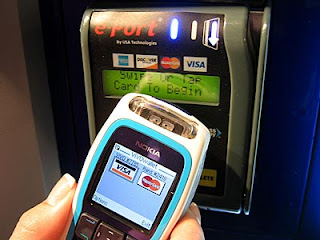
What do people do when they do not have access to Mobile banking and payment solutions. Surely if a major need exist they consumers must utilise alternatives. The fact of the matter is that they do, often with major risks and costs associated with the alternatives.
The most often used alternative is the use of Premium SMS's. This is still by far the most often used mechanism to pay for content in the mobile world. Few consumers realise this, but the cost of performing a transaction with premium SMS's are as high as 50%. This means that half the price of the goods (content in this case) is paid in order to perform the transaction. If this type of payment were utilised in the purchase of lets say groceries, goods would cost twice as much as they do now.
Another example is payments being charged to your phone bill for broadband usage for instance.
The use airtime as currency is gaining momentum especially where money must be sent over a distance. This means of payment is hugely expensive and also unsafe. This mechanisms does not provide for any consumer protection, yet is being used daily to solve problems that consumers in the lower income bracket are confronted with. In some instance, I have even seen airtime being used as hedging against currency fluctuations. This practice is not only technical illegal, but also inherently dangerous for participants in such schemes.
All of the above is indicative for the need for cost effective, secure, easy to use payment solutions available on mobile phones.









